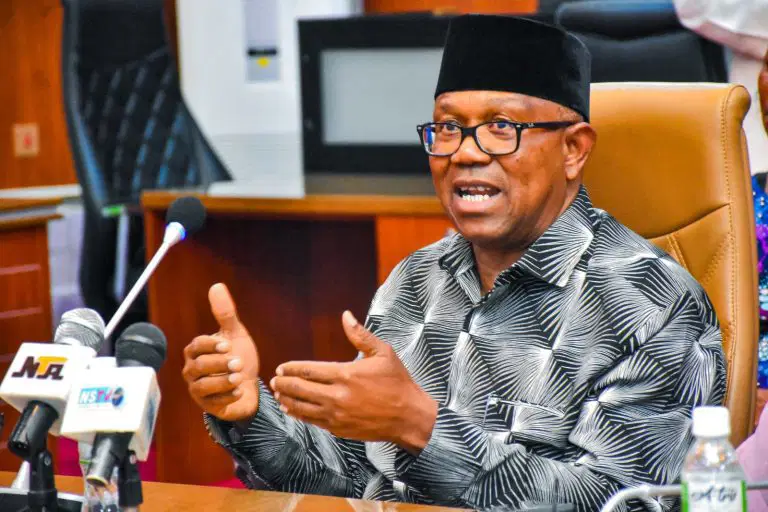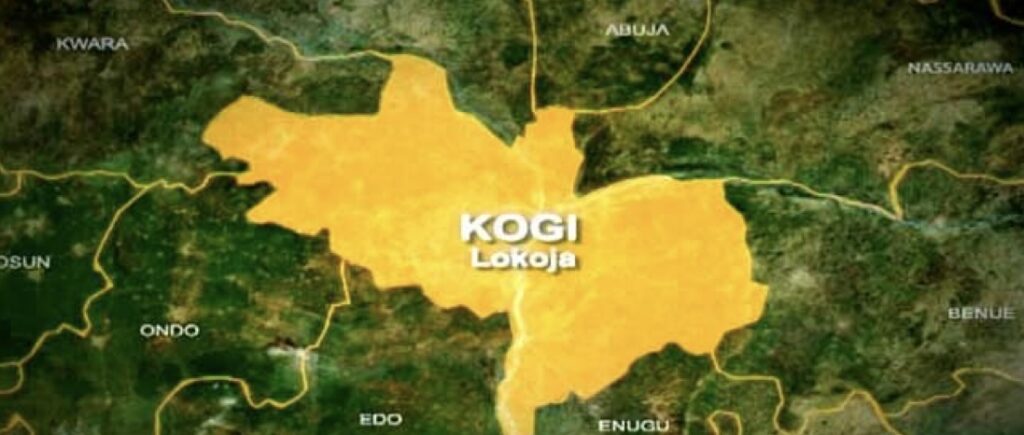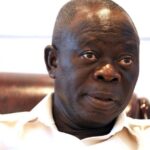Obi Raises the Alarm Over Education Crisis, Says 24 Million Out-of-School Children Threaten Nigeria’s Future

Former Anambra State Governor and 2023 Labour Party presidential candidate, Peter Obi, has raised alarm over what he described as Nigeria’s deepening education crisis, warning that the country’s stability and long-term development could be jeopardized if urgent action is not taken.
In a statement shared on his verified X handle on Sunday, Obi lamented that Nigeria currently has more than 24 million out-of-school children, a figure he said represents “24 million reasons to fear what lies ahead.” He stressed that education remains the cornerstone of human capital development and without it, no nation can progress.
“No nation grows beyond the quality of its human capital, and education is the foundation for building that capital,” Obi said.
The former governor noted that in today’s world, defined by rapid advances in Artificial Intelligence (AI) and digital innovation, education is no longer optional but a necessity. He emphasized that Nigerian youths must be equipped with the knowledge and skills to thrive in a competitive global environment.
“With the rapid rise of AI transforming work and innovation globally, education has become indispensable. It is no longer optional; it is essential for daily life. We must equip our young people with the knowledge and skills to compete globally, not just to survive but to lead,” he added.
Obi’s comments followed his recent address to members of the Nigeria Friendship Association in Washington DC on October 4, where he commended the group for their efforts in promoting education both in the United States and Nigeria.
“The efforts of associations like the Nigeria Friendship Association give hope that together, we can rebuild Nigeria through learning, compassion, and collective action. A New Nigeria is POssible,” he said.
This renewed call underscores Obi’s consistent advocacy for education reform and massive investment in human capital as the bedrock for national renewal. His position aligns with his long-held view that addressing Nigeria’s educational challenges is not only a social necessity but also a critical pathway to economic growth and political stability.









